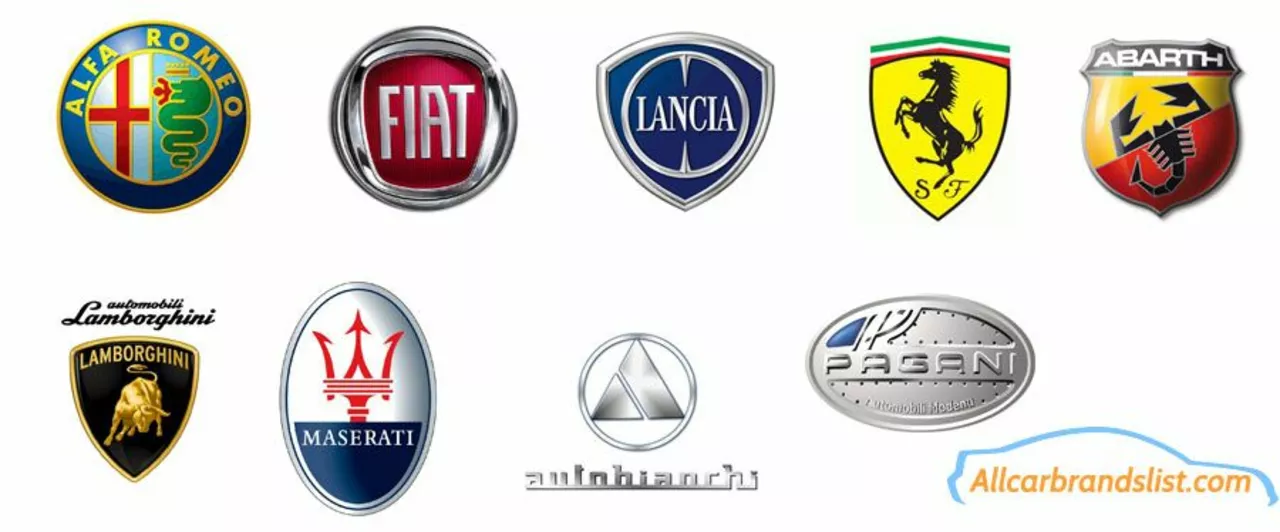Car Brands: What You Need to Know
Ever wonder why you hear people brag about a "BMW" or a "Toyota"? It’s not just a name on a badge – a brand tells you a lot about design, reliability, and even the feeling you get when you sit behind the wheel. On this page we’ll break down the most talked‑about brands, what they stand for, and how to pick the right one for you.
Top Global Car Brands
Big names dominate the market, and each has a story. Take Tata Motors – it owns three distinct brands: Tata, Jaguar, and Land Rover. Tata covers affordable Indian cars, while Jaguar and Land Rover give you luxury and off‑road prowess. This kind of brand portfolio lets a single company reach every price point.
German automakers like Mercedes‑Benz, Audi and BMW are famous for performance and status. That’s why movie villains often drive a sleek German car – the badge instantly signals power and danger. If you love cutting‑edge tech and a sporty feel, a German badge might be your sweet spot.
Asian giants such as Toyota and Honda earn points for reliability and resale value. They churn out everything from compact city cars to massive trucks, and their parts are easy to find. That makes them a safe bet if you want low maintenance costs.
American brands like Ford and Chevrolet focus on muscle, trucks, and rugged styling. They often lead in new drivetrain tech, especially for pickups and SUVs.
Choosing the Right Brand for You
Start with what matters most in your daily drive. If you need a car that lasts ten years without drama, look at brands with high reliability scores – think Toyota, Honda, or Subaru. If you crave speed and a premium cabin, German marques usually deliver that feel.
Budget also plays a big role. Luxury brands come with higher insurance, maintenance, and fuel costs. But many manufacturers offer entry‑level models that give you a taste of the brand without breaking the bank. For example, you can get a Subaru Impreza for less than a base BMW 3 Series.
Think about the after‑sales experience. Some brands have nationwide dealer networks and quick parts availability. Others might be limited to a few locations, which can mean longer wait times for repairs. Research local service centers before you commit.
Finally, consider brand culture. Do you like the eco‑friendly image of Tesla and its electric lineup? Or does the rugged, adventurous vibe of Land Rover suit your weekend plans? Your personal connection to a brand can make ownership feel more rewarding.
Bottom line: a car brand is more than a logo. It reflects engineering philosophy, resale value, and the lifestyle it promises. By understanding what each brand stands for, you can choose a car that fits your needs, budget, and personality. Happy hunting!
What are some lowkey car brands?
- Thomas O'Reilly
- Apr 4 2023
- 0 Comments
Lowkey car brands provide a great option for car shoppers who want something affordable and reliable. From Japanese automakers to classic American muscle, these brands offer vehicles that may not be top of mind but are still great choices. Examples of these brands include Toyota, Honda, Subaru, Ford, Chevrolet, and Dodge. These brands offer a variety of options that can fit any budget and style. They also have a reputation for quality and reliability, making them a great choice for those who want a dependable car at an affordable price.
View MoreHow are Volvo Cars different from any other car brands?
- Thomas O'Reilly
- Feb 7 2023
- 0 Comments
Volvo is unique in its approach to automotive design and engineering, which has been honed over many decades. Its commitment to safety, quality and environmental responsibility set it apart from other car brands. The company has a long history of innovation and has developed a range of technologies to ensure its cars are safe, efficient and enjoyable to drive. Volvo is also well-known for its Scandinavian design, which has become a hallmark of the brand. Its cars are designed to be comfortable and stylish, while also featuring the latest technology and connectivity features. Volvo stands out from other car brands in its focus on safety, quality, innovation and design.
View More
